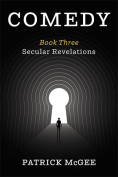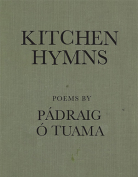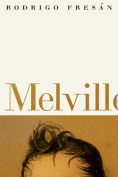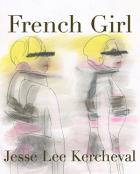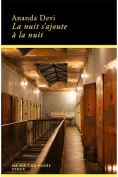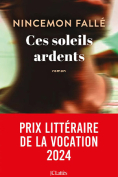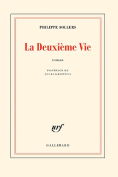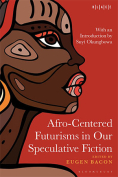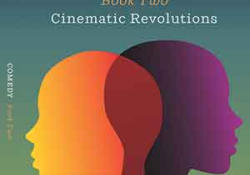Comedy, Book Three: Secular Revelations by Patrick McGee
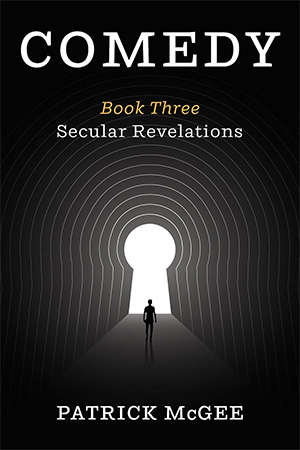
Eugene, Oregon. Resource. 2024. 188 pages.
In Secular Revelations, Patrick McGee completes his trilogy, following Archival Resurrections and Cinematic Revolutions, respectively. In this contemporary reimagining of Dante’s Divine Comedy, the author depicts the existential journey to self-actualization with rhymed, vivid lines highly dependent upon allusion mixed with personal introspection.
As in the previous two books, the author is informed by cinema and popular culture, empowered with a variety of allusions to philosophy and religion. The inspired personality behind these works becomes more noticeable in this final book, suggesting a movement from a broad commentary on American society at large to the personal, individual experiences that comprise conscientious citizens within American democracy. Many readers’ sympathies will resonate with the author’s development, as portrayed within these three works, for they represent an introspective retelling of the cultural forces that have shaped us throughout the past century.
The close association of art and democracy is a consistent, vibrant theme in McGee’s volumes. The power of art, realized in the various ideas that make art possible and ideas that art manifests in society, is evident on every page. McGee’s charm, as a writer, however, is that his multiple references to ideas embodied by famous, culture-defining people do not come across as elitist or even overly academic. There is, if one is patient enough to follow his rhymed constructions, a subtle but serious recognition of the common good necessary to any healthy society, a salute to the common humanity that is too easily misguided, even jaded in our contemporary experience. McGee’s Comedy not only expects but inspires an informed, reflective citizenry. His Comedy serves as a mirror in which we may see our false selves, masked for public consummation, but also a means for revelation, revitalization.
An example of the poet’s commentary on American society is found in his first canto:
It is not accident the blues came from down south,
Where the soul that stole away from a black man’s mouth
Became the voice of generations whose debt
Has yet to be paid but must without regret
One day come to pass for the good of all,
Because that voice has become universal,
A revelation to those who heed its call.
He concludes in canto 33 by confirming the need for “The divine force of love that creates a home, / The only paradise the earth has grown. . . . the dream of a democratic nation / Cannot be realized through the domination / of wealth or the construction of a wall / That tries to shut out the being of the all,” thereby recognizing the power of good, even the divine inspiration, forming artist and citizen alike—the shaping revelations that give us meaning, and give us hope.
Ken Hada
East Central University










